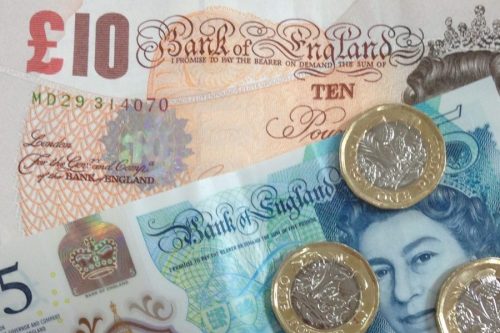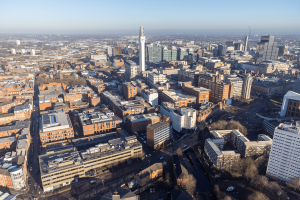Economy contracts again, but interest rate rise still likely

The UK economy contracted 0.5% in July, with part of the drop blamed on poor weather and strikes.
The decline, which was deeper than economists had expected, follows a 0.5% increase in the previous month. Monthly GDP data has continued to yo-yo, with five of the last 11 months showing negative growth.
The rolling three-month average has stayed positive, at 0.2%, but extends the UK economy’s sluggish performance in the post-pandemic period.
Despite that, the market is expecting another rise in interest rates when the Bank of England’s Monetary Policy Committee meets next week. Rate-setters are likely to add another 0.25 percentage points, which would make it 15 consecutive increases.
Chancellor of the Exchequer Jeremy Hunt, responding to the GDP figures, said “there are many reasons to be confident about the future” while reiterating the Government’s focus on its target to halve inflation.
Shadow Chancellor Rachel Reeves said the figures meant “today is another dismal day for growth”.
The first July estimate from the Office for National Statistics (ONS) showed all the main sectors – services, production, and construction – were down in July.
Darren Morgan, director of economic statistics at the ONS, said: “In July, industrial action by healthcare workers and teachers negatively impacted services and it was a weaker month for construction and retail due to the poor weather. Manufacturing also fell back following its rebound from the effect of May’s extra Bank Holiday.”









